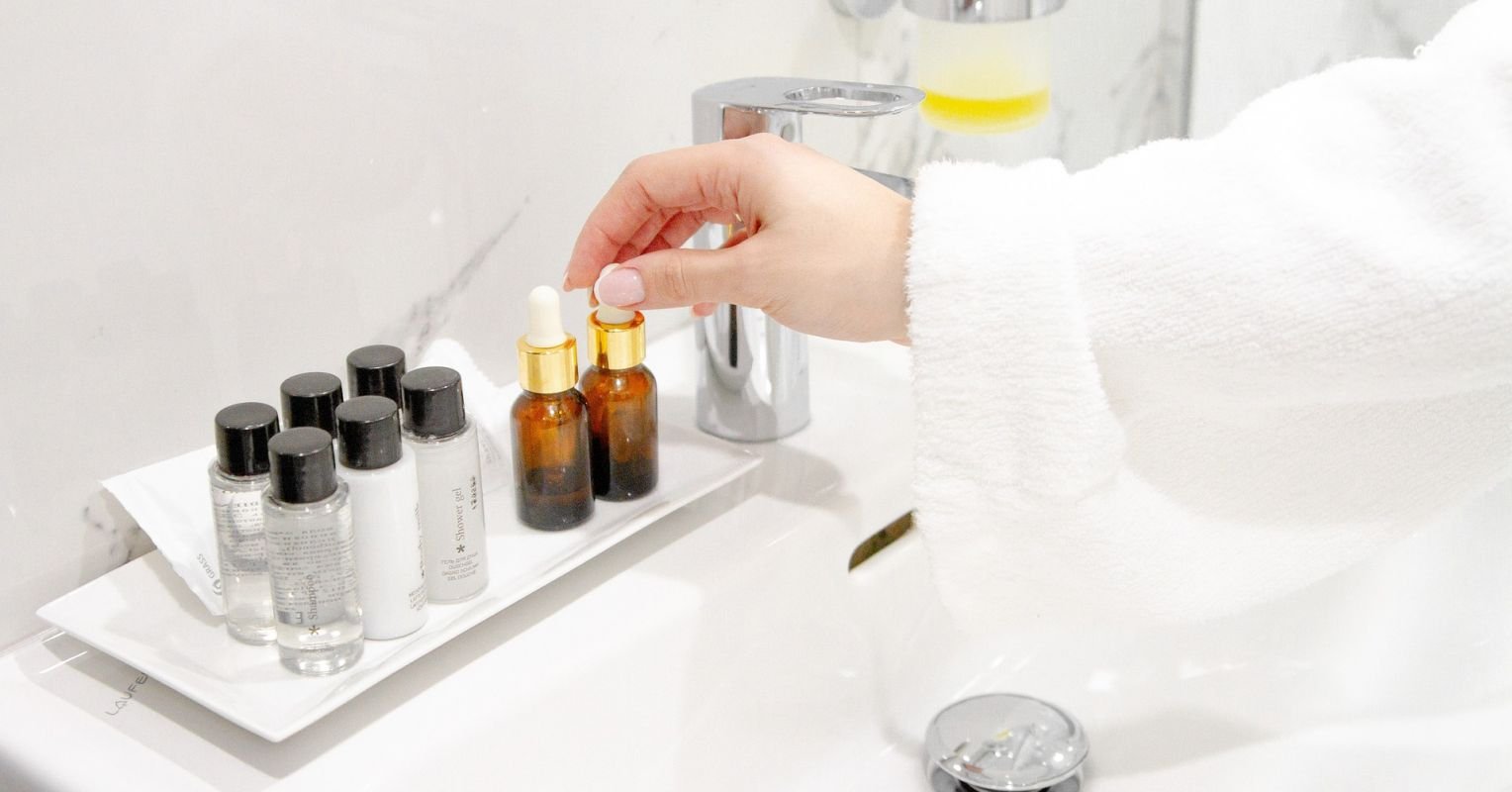Why are young people seeking anti-aging products?
Authors: Jessica Sutherland, University of Warwick and Heather Widdows, University of Warwick
Glass skin, cloud skin, dolphin skin, neuroglow: skin trends are nothing new in our digital world. But one trend that is increasingly concerning is young people’s interest in anti-aging. Children as young as 10 years old are reported to be asking their parents for anti-aging products, and “almost one in two young girls (ages 10-17) are becoming more concerned about their appearance as they age, due in part to increased exposure to adult skincare content.”1,2
Because skin care products are typically targeted at adults, their ingredients (such as retinol, vitamin C, AHAs, and BHAs) are often too harsh for use by children and teenagers. However, this doesn’t stop some products from becoming popular among kids and teenagers, especially those that have gone viral on social media. One particularly trendy brand, Drunk Elephant, has received backlash for its popularity with young children, with dermatologists warning that these products can cause skin problems in children.3 In response to concerns that their products were too harsh for children’s and teens’ skin, Drunk Elephant reached out to their newly acquired customer base and released a list of products that were safe for children to use.Four
“I saw these products on TikTok and they looked fun so I wanted one,” one young person told BBC Newsround.Five Dermatologist Dr. Brooke Jeffey agreed, recently saying: USA Today “They’re on social media and exposed to marketing all the time. […] Skin care and some of these brands have really become status symbols.”6 As of writing, there are over 316,000 posts tagged with #retinol on TikTok. Kids are being influenced to want these products and may not understand why influencers are recommending one product over another. Ofcom’s research found that 77 percent of 12-17 year olds could recognise an Instagram post as a “paid endorsement,” while 27 percent thought the post was shared “because they thought the product or brand was cool or easy to use,” and 24 percent thought it was shared “because they wanted to share this information with their followers.”
And it’s often older influencers who are promoting these products: In a 2022 study, Tribe Dynamics (an influencer marketing analytics company) found that 47% of creators surveyed (n=236) were between 25 and 34 years old.8 Whether consciously or not, beauty content is being pushed towards kids through (mostly) unregulated social media algorithms.
Some have found the trend puzzling, while others have blamed or mocked the so-called Sephora Kids, who trash beauty displays in stores and compete for stock.9 Ridicule and embarrassment aren’t enough. It’s not surprising that kids feel pressured to have perfect skin; we tell them that perfect skin is what it takes to be good enough and normal. We’ve written before about the beauty pressures kids face, and worries about wrinkled, sagging, and blemished skin seem to be just another concern added to that list.
Social media may be fanning the fire, but it didn’t start it; it ignited it by gradually valuing beauty and appearance above other things, like health and education. When we give our kids the message that how they look is more important than what they think or do, it’s not surprising that they’ll covet products that help them achieve a global beauty ideal: impossibly smooth, plastic-like perfect skin.Ten They, like many of us, are afraid of aging, afraid to live in their own skin, and want the immovable look of edited, filtered, curated Instagram images. Youth social media trends are not an anomaly, they are part of the values we adopt and communicate. Young people using anti-aging products mirrors our collective societal values. If we don’t want young people to pursue incredibly youthful skin as their highest ambition, perhaps we ourselves need to change.
References
1. Marsh, S. (2024). UK dermatologists say kids as young as 10 are demanding anti-aging products. Guardian.
2. Hamilton, S. (2024). Anti-aging skincare content is causing kids to worry about their appearance – psychologists share tips. Hello! Magazine.
3. Rackham, A. (2024) Increased use of skin care products among children is dangerous, dermatologists say. BBC News.
4. Drunk Elephant (2023). Instagram.
5. CBBC Newsround. (2024) Skin care: Kids ‘using age-inappropriate creams’. BBC News.
6. Trepany, C. (2024). Kids at Sephora are buying tons of retinol and anti-aging products, and dermatologists say it’s a problem. USA Today.
7. Ofcom (2024). Children and parents: media use and attitudes report. Ofcom. Page 40
8. Tribe Dynamics (2023) Influencer Marketing Trends Report. Tribal Dynamics.
9. Taylor, M. (2024). Sephora Kids and the booming business of children’s beauty products. BBC Work Life.
10. Widdows, H. (2018). The perfect me: Beauty as an ethical ideal. Princeton University Press.

